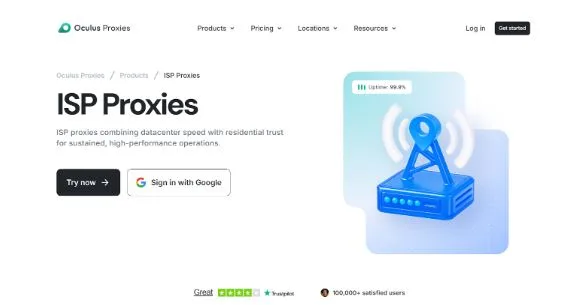How to Protect Sensitive Client Data from Insider Threats in Law Firms
The majority of companies believe that outsiders attempting to breach systems and obtain private information are the source of cybersecurity concerns. In actuality, insiders may also be the cause of cyberattacks, whether via negligence or malevolent intent. Legal firms must therefore take action to protect client data from both internal and external threats. Cyber Husky focuses on offering IT support for the legal industry so that clients may rest easy knowing that their private data is safe.
What Insider Threats are in Law Firms
In some cases, data breaches are the result of employee carelessness. Employees can fall victim to phishing scams or inadvertently leak information. Additional fail-safes can be installed by law firm data security safeguards to prevent these kinds of mishaps. Employee education and appropriate system designs and verification procedures can significantly reduce the likelihood of expensive and humiliating data loss.
Law firms can also fall victim to malicious insiders who are looking to gain access to and exploit personal and financial information or even expose legal strategies. These bad actors can undermine the reputation of an entire firm while also causing irreparable harm to individual clients.
Finally, law firms also need to be aware of threats from third-party vendors. Any time you onboard a service, it is imperative to ensure that you haven’t created a new and vulnerable access point to sensitive information. Client data protection needs to be a top priority on all fronts.
Why Law Firms Are Vulnerable to Insider Threats
Law firms are more vulnerable to insider threats due to the sheer abundance of sensitive data that they handle daily. Clients are asked to share personal information, financial records, industry secrets, and much more. In addition, lawyers use firm tools to develop and record litigation strategies that need to be kept private. Having all this information on hand is too tempting for some insiders to resist.
In addition, many law firms are perceived as having lax security protocols. This can be especially true of smaller firms that may not outwardly invest as much in updating hardware and supporting a robust IT team. Businesses can benefit greatly from many information-sharing methods, like cloud computing, but they must be handled carefully to prevent weaknesses.
Important Techniques for Safeguarding Private Client Information
- Regular training and education for employees: The first step in safeguarding client data is to teach employees cybersecurity best practices and to keep their training current when new risks and solutions emerge.
- Encryption: Data encryption guarantees that even in the event that a malevolent actor has access to information, they will not be able to view or utilize it. When sharing information across networks becomes vital, this is your best line of defense.
- Access controls: Not all information should be available to every employee in the company. You can lessen risks and make it easier to determine when and where a breach has happened by restricting who has access to what.
- Frequent monitoring: To guarantee the security of law firm data, your IT staff should ideally be doing frequent audits and continuous monitoring. This is the most effective method for promptly detecting and resolving any issues. In the event that something goes wrong, you will be able to bounce back faster and resume your regular activities with minimal disruption.
Technologies That Help Mitigate Insider Risks
Behavior analytics is one of the newest technologies revolutionizing IT support for the legal industry. Essentially, AI collects detailed data on user behavior and uses this information to flag any abnormalities. If users are acting outside of their usual routines and digging into other areas of the network, the IT team will be immediately notified. When combined with other identity and access tools, these technologies can deter and detect insider attacks.
Building a Culture of Security and Accountability
Building a culture of security and accountability at your law firm starts with leadership. It is up to the leaders to demonstrate a commitment to security that employees can imitate. Leaders need to set an example while also effectively communicating why such security measures are important and contribute to the success of the firm.
Their efforts must be supported by employee education so that everyone feels empowered to implement best practices. When employees are educated and engaged, they will more naturally invest in security practices as part of a larger company culture.
In Conclusion
The vast volumes of extremely sensitive data that law firms manage make them more susceptible to cybersecurity threats. It’s crucial to keep in mind that internal dangers are another source of danger while creating a protection strategy. With so many potential threats and so much at stake, more and more law firms are trusting experienced IT service providers like Cyber Husky for all security needs. Learn more about how we can customize a security plan to meet your needs.






